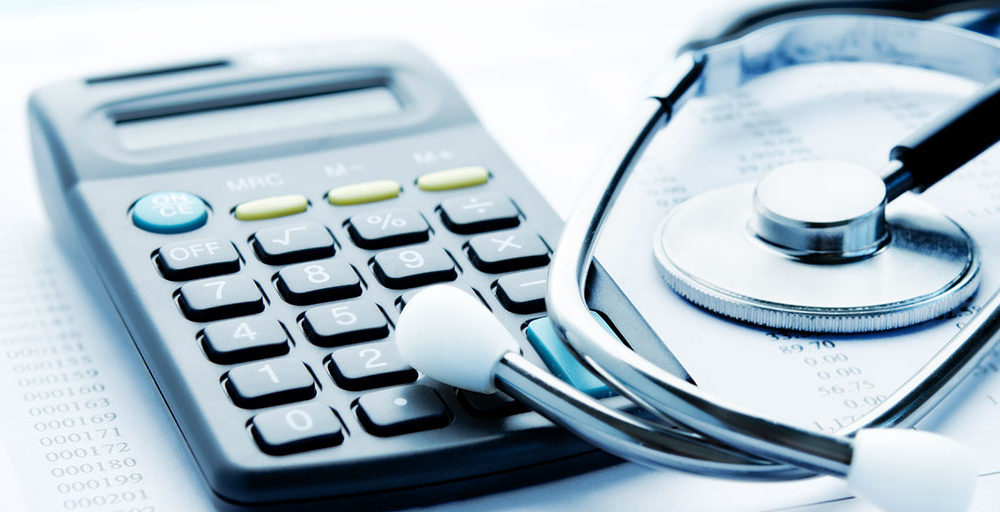
IMA got a CA to decrypt GST for medical sector- Here’s all you need to know
If you thought that you were the only doctor in the country flummoxed by the newly introduced Goods and Services Tax(GST) regime, take heart, because you are not the only one. Even better, the Indian Medical Association(IMA) understands this.
To make it easy for doctors and other medical professionals to understand how GST would affect their practice and the medical profession as a whole, the organization held a session with a chartered accountant recently. The key take-aways are given below.
Many sector-related services under GST
As per Dr. Jayesh Lele, member, IMA, even though healthcare services are exempt from GST, that’s not applicable to many sector-related services. “Many members have their own dispensaries or nursing homes, and wanted to know if a doctor should register for GST, and taxes applicable on medical equipment and devices among other questions.”
Lectures and conferences
In the session, it was clarified that GST would be applicable for all types of conference fees and Continuous Medical Education (CME) sessions. The income that a medical expert gets from a guest lecture would also be taxed. “Overall, costs will increase in some form or the other for doctors. Patients have no liability to pay these taxes unless the doctor decides to pass on the burden,” said Mr. Phadke.
Rent
A medical facility’s proprietor must register for GST if s/he plans renting out space to chemists, ATMs or others. They would also have to pay tax.
Pharmaceutical products
According to Dilip Phadke, the Chartered Accountant who conducted the session, a GST registration is required to sell pharmaceutical products in a hospital or nursing home. “No tax is applicable when the items are being used for the patient directly by the hospital. A GST registration becomes mandatory if the hospital premises has a chemist’s where goods are being sold. GST may be between 5% and 18% depending on the product.”
Food from hospital
It’s common enough for healthcare facilities to outsource food supply for patients to caterers. As per Mr. Phadke, the food services wouldn’t be taxed. Instead, the royalty of the rent which the caterer pays to the medical establishment’s proprietor would attract a GST of 18%.